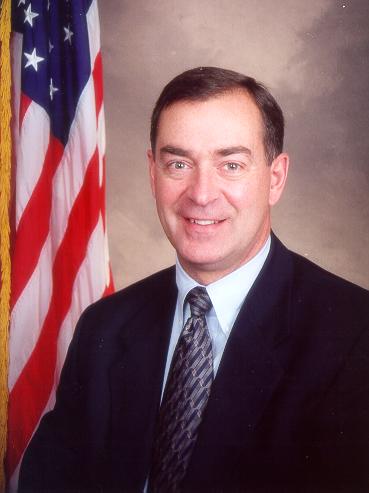By Lara Jackson
Following the 2006 New England Regional Airport System Plan, which provided an analysis of that region’s main air carrier airport system without specific regard for boundaries, the six New England states have regrouped to conduct the New England General Aviation Study (NEGA).
According to Jack Ferns, (pictured) NEGA Committee Chairman and Director of Aeronautics of the New Hampshire Department of Transportation, “This study will focus on how aviation helps New England, the system dynamics and challenges over the next 20 years. It [the study] is a follow up to the 2006 plan.”
Ferns adds that the NEGA will look at the GA (general aviation) airports to determine if the facilities meet the demands for the next 20 years. Some questions posed include : Are the master plans consistent? What are the states’ weaknesses? What are the impacts and differences of regionalization? If you were
a state aviation director what would you consider to be important to general aviation?
“This study needs to answer the criticism GA [general aviation] has been receiving from both the public and the media,” states Ferns, “It has not been very favorable.”
“This is an issues-oriented study and will touch upon such topics as sustainability and the possible overabundance of airports in the area. We will need to study the airports’ existing master plans and determine forecasts,” adds Vincent Scarano, Project Coordinator of the NEGA Committee.
Still in the beginning stages, the NEGA has already received Requests for Proposals and selected the Louis Berger Group as the consultant for this study. "We have completed a full day scoping session with the consultants and the results are forthcoming," said Ferns. The team narrowed the focus to three areas; the role of the NE airport system, financial sustainability, and economic value (as opposed to economic impact).
The six New England states (Connecticut, Massachusetts, Rhode Island, Maine, Vermont and New Hampshire) differ in their politics, but are "committed to this initiative," said Ferns. Many of the general aviation airports in the area are currently experiencing tough straits due to the economic climate of the country. But, the culture within this small area is similar. New England is also very environmentally-sensitive and there are many active local special interest groups.
“This could be a pilot program for the nation,” Fern concludes.




